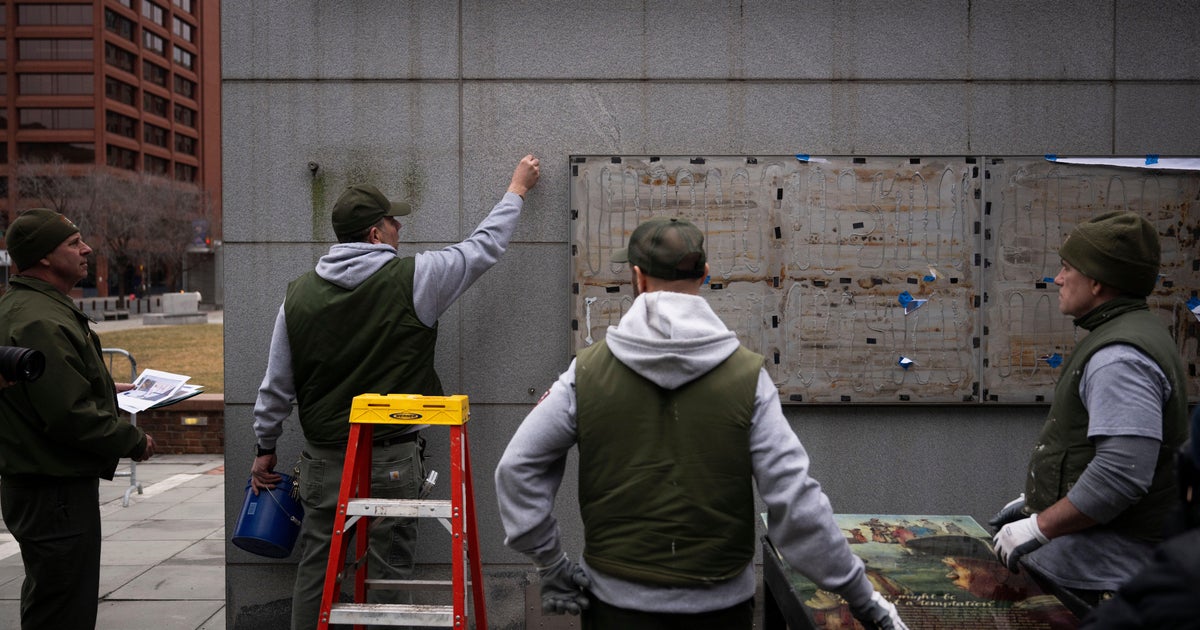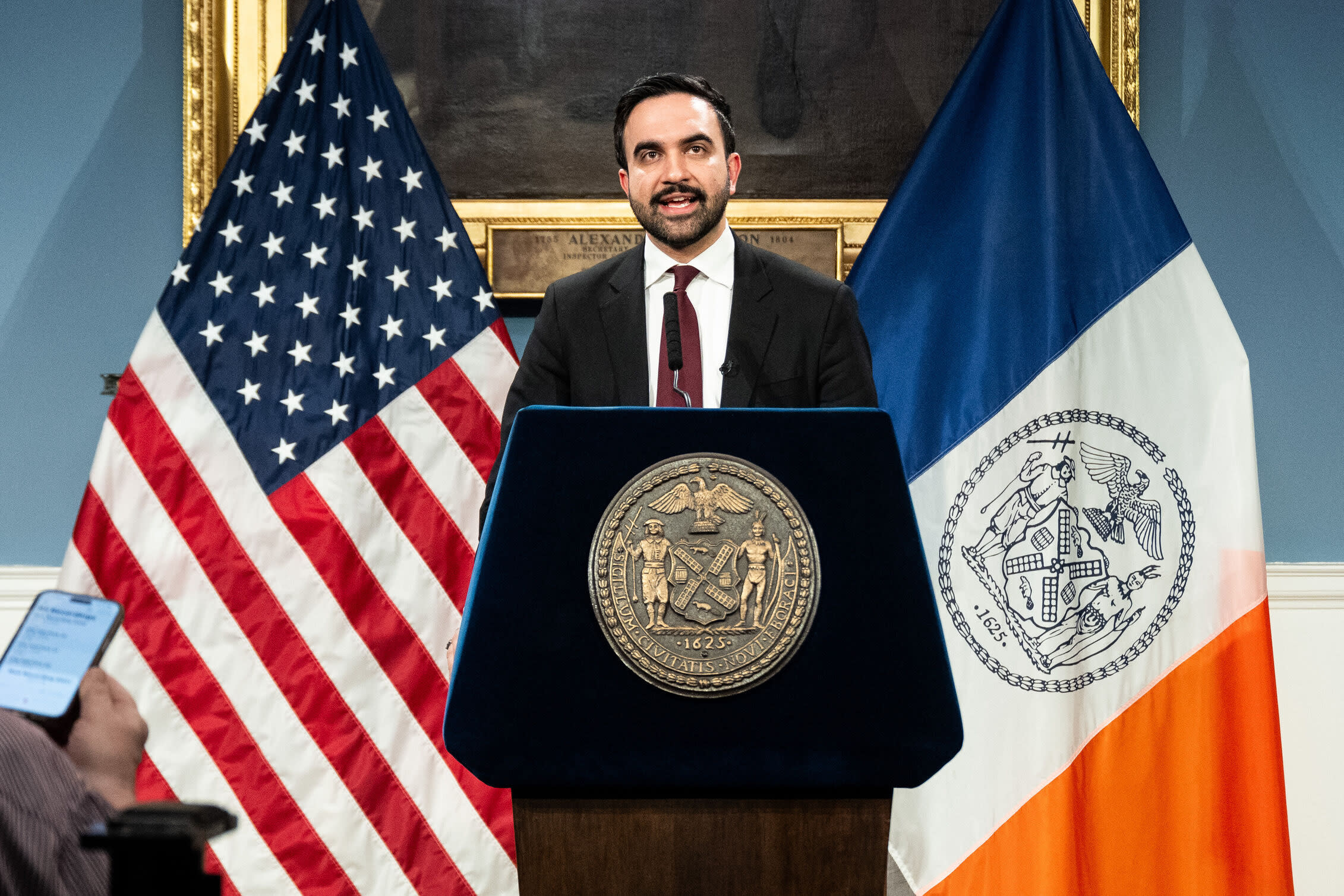Sinclair Broadcast Group hikes its minimum wage to $15 an hour
Sinclair Broadcast Group is hiking pay to $15 an hour for the 15% of its workforce currently making the local or federal minimum wage. The conservative TV station owner announced the move days after pulling political commentary that had previously advocated against raising the federal hourly wage floor.
The pay bump, which takes effect Dec. 29, will cover about 1,425 Sinclair employees whose base pay had been tied to the legal minimum, which has stood at $7.25 an hour in states and cities that follow the federal mandate. The federal wage has remained the same for a decade.
The House in July passed legislation that would raise the federal minimum to $15, but the measure was DOA in the Republican-controlled Senate.
"At Sinclair, we recognize that we would be nothing without our hardworking and dedicated employees," Chris Ripley, Sinclair's president and CEO, stated in a news release announcing the change. "This is why we continually work to improve our practices, policies and benefits. With this latest change, we hope to make a meaningful impact on the professional and personal lives of so many valuable members of our team."
The pay decision came days after Sinclair curbed the role of Boris Epshteyn, its chief political analyst and former press aide to Mr. Trump. Since leaving the White House in early 2017, Epshteyn regularly appeared in commentary segments that aired during local newscasts on Sinclair stations. In July, Epshteyn told viewers that the Democratic measure to hike the federal minimum might cripple the economy.
Sinclair a week ago stopped running Epshteyn's commentaries, as well as those of his more liberal counterpart, Ameshia Cross, in a bid it described as an effort to focus more on local news at its more than 190 stations across the country.
But the decision to hike the broadcast company's base pay likely has less to do with political views and the Fight for $15 labor movement, and more to do with the economic realities on the ground. The number of states that enacted $15 hourly pay minimums doubled this year, with the additions of Connecticut, Illinois, Maryland, New Jersey and New York, as well as the District of Columbia.
Further, Sinclair is operating in a tight labor market, with unemployment at 3.5%. Its new policy puts its lowest-paid workers on par with those at retailer Amazon, which hiked its base hourly pay to $15 in November, and Target, which plans to pay a $15 hourly minimum by next year.



